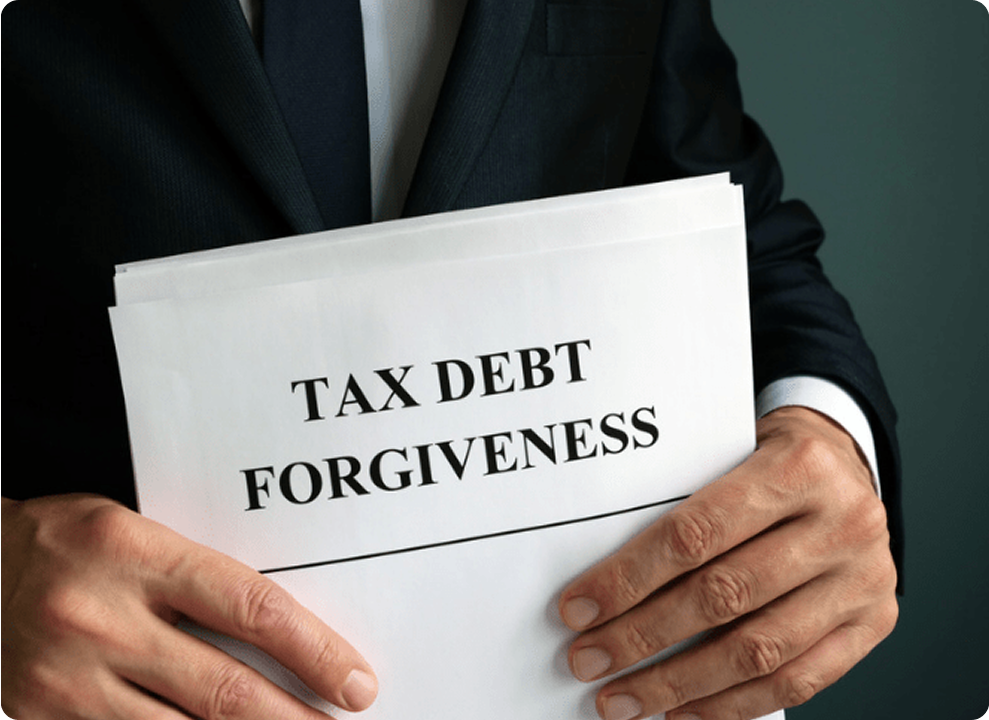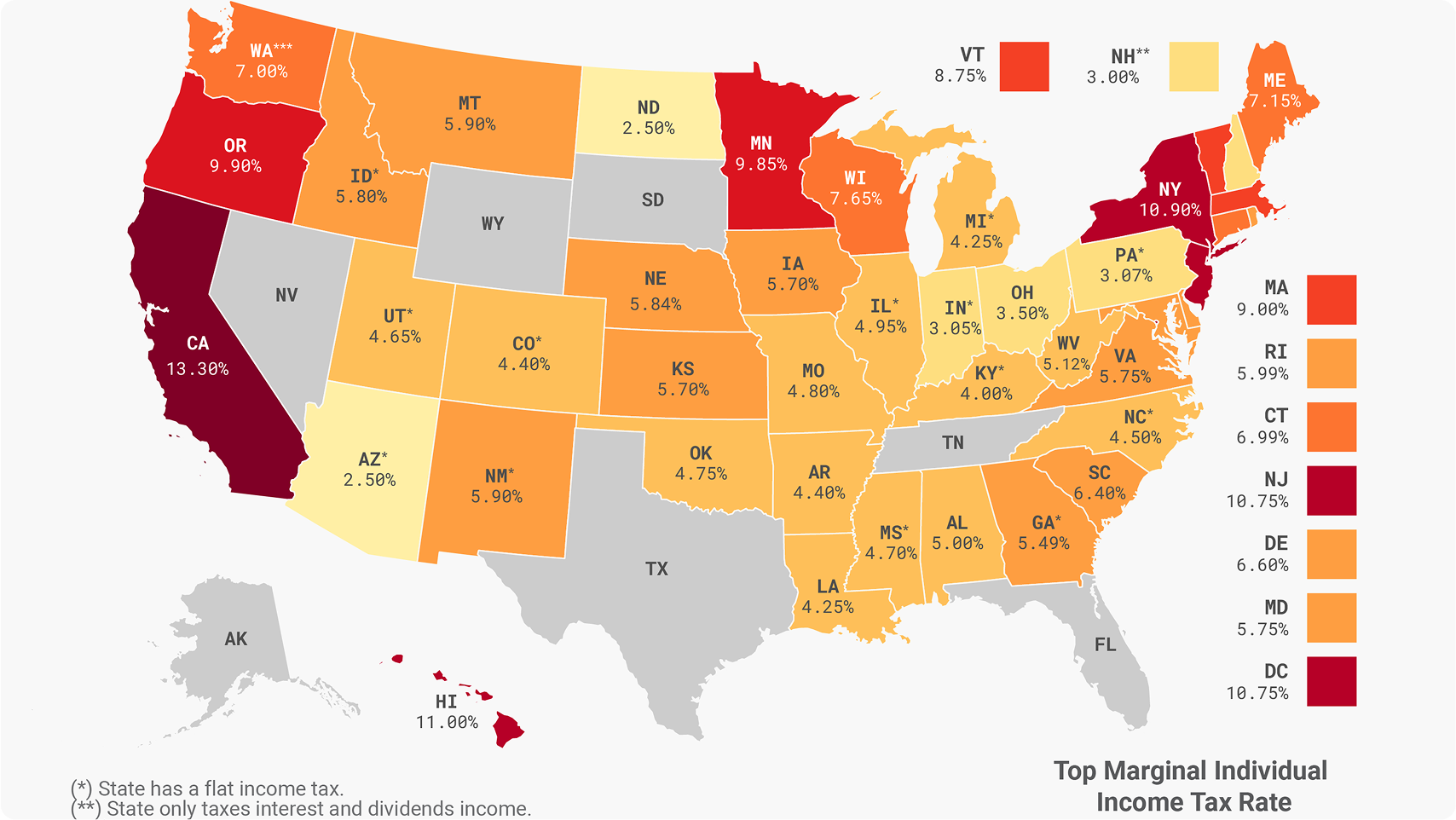With digital payment apps like Venmo, Cash App, and PayPal becoming more popular, many people use them for both personal and business transactions. As tax regulations change, it’s important to understand when these payments become taxable. The IRS has introduced new reporting thresholds that could impact millions of users. So, do you need to pay taxes on money received through these apps? Let’s break it down.
Understanding the 1099-K Tax Form
The 1099-K form is an official IRS document used to report payment transactions processed by third-party payment apps. If you receive payments for goods and services through Venmo, Cash App, or PayPal, you may be issued a 1099-K form. This form helps the IRS track taxable income that may have previously gone unreported.
The 2024 Tax Threshold for Digital Payment Platforms
As of 2024, users who receive more than $5,000 in business-related transactions will receive a 1099-K form. The IRS initially planned to lower the reporting threshold to $600, but implementation delays have resulted in a gradual rollout. In 2025, the threshold willa drop to $2,500, and by 2026, it is expected to be lowered to $600. These changes primarily impact freelancers, gig workers, and small business owners who rely on digital payment platforms.
State-Specific 1099-K Thresholds
Some states have stricter reporting requirements, meaning users may receive a 1099-K even if their earnings are below the federal limit. For example, in Illinois, the threshold is $1,000 if there are at least four transactions. In Maryland, Massachusetts, Vermont, and Virginia, the threshold is set at $600. It’s important to check local tax laws to ensure compliance.

What Counts as Taxable Income?
Not all money received through payment apps is taxable. The IRS differentiates between business and personal transactions. Payments for goods and services, side gigs, freelance work, or business-related transactions are considered taxable income. However, personal transactions—such as splitting a dinner bill, receiving money from family, or reimbursing a friend—are not subject to taxation. To avoid misclassification, users should label personal transactions correctly.
How Different Payment Apps Handle Taxes
Each payment app has specific tax reporting policies. Venmo and PayPal track transactions marked as “goods and services” and count them toward the 1099-K threshold. Cash App does not report transactions for users with personal accounts. Zelle does not report any transactions to the IRS because it is considered a bank-to-bank transfer service.
Avoiding Unnecessary Tax Forms
To prevent receiving a 1099-K unnecessarily, users should ensure they are using personal accounts for non-business transactions, avoid marking personal payments as business-related, and keep business and personal transactions separate. These simple steps can help minimize confusion when tax season arrives.
How to Report 1099-K Income on a Tax Return
If you receive a 1099-K, you must report the income on your tax return. The process includes reviewing the total payments listed on the form, deducting business-related expenses to determine taxable income, and filing the appropriate tax forms, such as a Schedule C for self-employed individuals.
Consequences of Failing to Report 1099-K Income
Not reporting 1099-K income can lead to IRS audits, penalties, interest on unpaid taxes, and potential legal consequences. To avoid these issues, it’s best to report all taxable income accurately.
Common Misconceptions About Digital Payment Taxes
There are several misconceptions surrounding tax reporting for payment apps. Some believe that if they don’t receive a 1099-K, they don’t owe taxes, but this is false—any income earned is still taxable. Another common myth is that personal transactions are taxable, which they are not. Additionally, some assume they don’t need to provide their tax information to these platforms, but certain services require Social Security numbers or tax IDs for compliance.
Accessing and Filling Out a 1099-K Form
If you receive a 1099-K, you can download it from the IRS website. The form includes instructions on how to complete it, and if you are unsure, consulting a tax professional is recommended to ensure accuracy.
The Impact on Small Businesses and Freelancers
Small business owners and freelancers need to prepare for increased tax reporting requirements. As thresholds decrease, more individuals will receive 1099-K forms. Keeping detailed financial records and using tax software can help simplify the process and ensure accurate reporting.
Potential Future Tax Regulations
The tax landscape is evolving, and further adjustments to digital payment taxation may occur. Lawmakers continue to discuss the best approach to ensure fair reporting while avoiding unnecessary burdens on casual users. It’s essential to stay updated on any new tax regulations that may impact digital transactions.
Conclusion
Understanding how Venmo, Cash App, and PayPal transactions are taxed is crucial for anyone using these platforms for business. While personal transactions remain untaxed, business-related payments must be reported. Keeping proper records and staying informed about IRS regulations can help taxpayers remain compliant and avoid potential penalties.



























